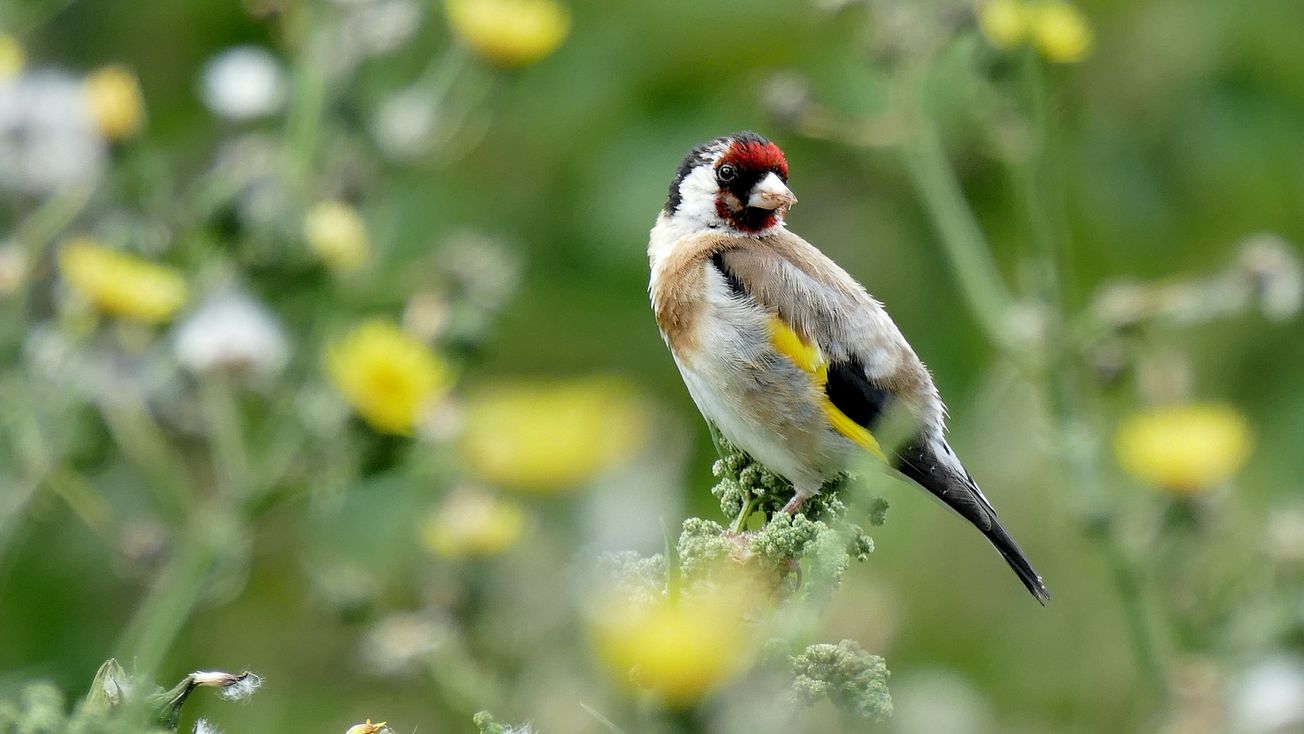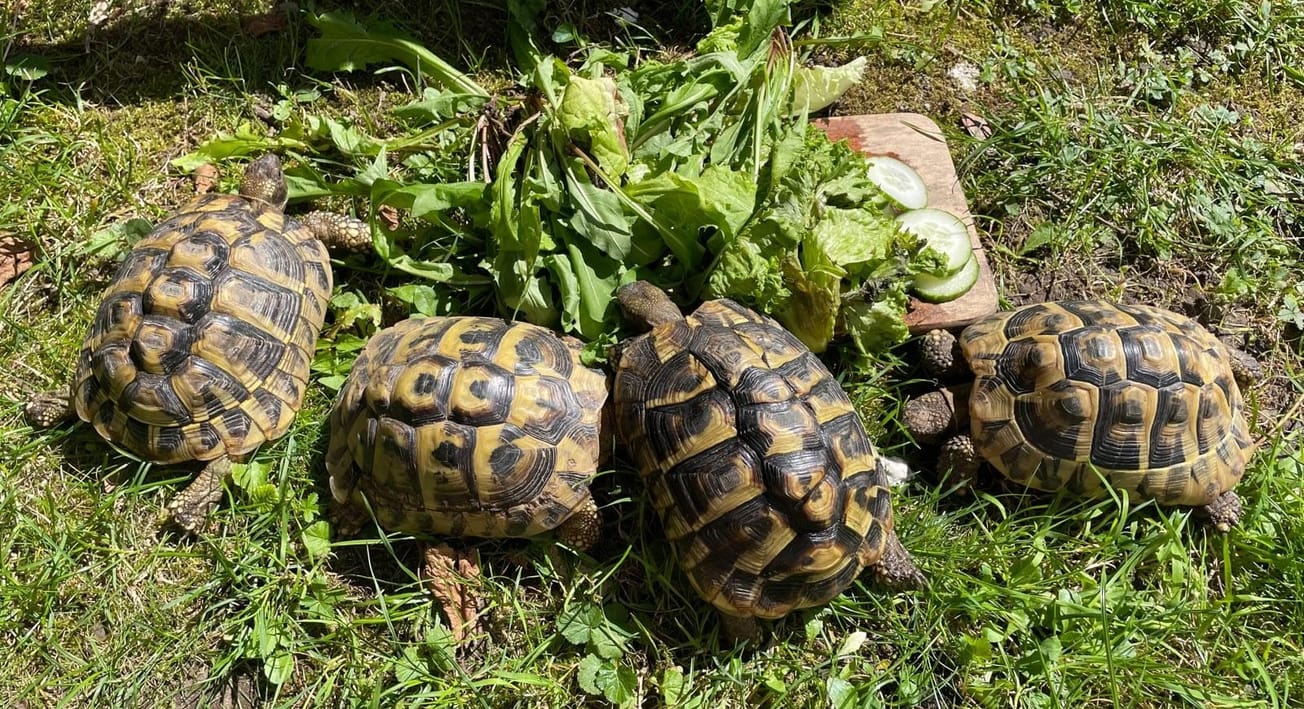By Meerabai Kings, fourth year Biology
Recent results from the world’s largest wildlife survey show that British birds are in more danger than ever. Though all is not lost, as even some of our fastest declining birds can be enticed into student gardens in Bristol.
The RSPB’s Big Garden Birdwatch is the largest wildlife survey in the world, taking place in the UK every January for just one hour. This timeframe may seem minuscule, but with people all over the country simultaneously reaching for their binoculars, the results are vast. Each participant fills out the same form, noting down the feathered visitors in their garden.
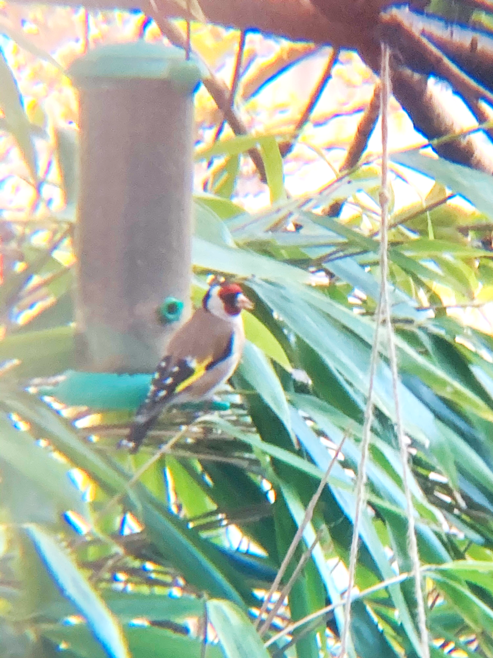
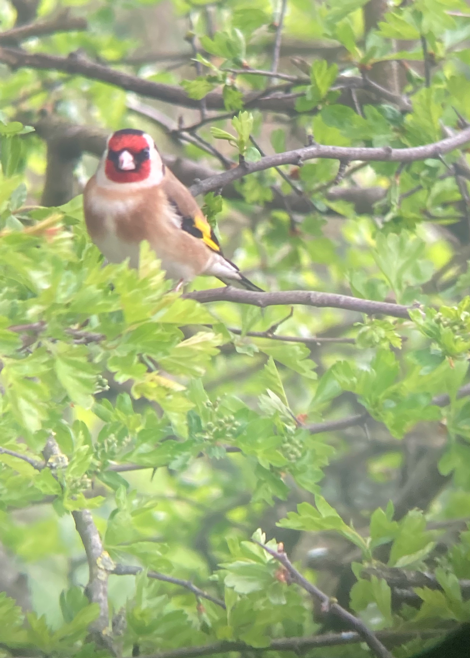
The results
Last week the RSPB released the 2021 Birdwatch results and bird-fans nation-wide shed a tear together. The majority of garden birds have declined since last year, while some are at their lowest numbers since records began. At this point it is old news that British wildlife is in decline, but even our most common birds have taken a hit this year, and those home to Bristol are no exception.
The humble house sparrow, who’s brown feathers may not catch your eye, was the UK’s number one most sighted bird for the 18th year in a row. Sparrows nation-wide have been in decline, with Bristol sightings declining by 20.7 per cent in the last year. Flying in at Bristol’s second and third most sighted birds are the woodpigeon and the bluetit – whose colours, admittedly, are more exciting than the sparrow and the pigeon (pictured below).
The majority of Bristol’s garden birds have dwindled in the last year, but our finches in particular are suffering severely. This year, goldfinch (pictured above) and greenfinch sightings were the lowest since records began. Finches are specialist feeders; they rely on thistle seeds to survive and with less wild spaces these are scarce.
Although that doesn’t mean we, as students, can’t do something about it.
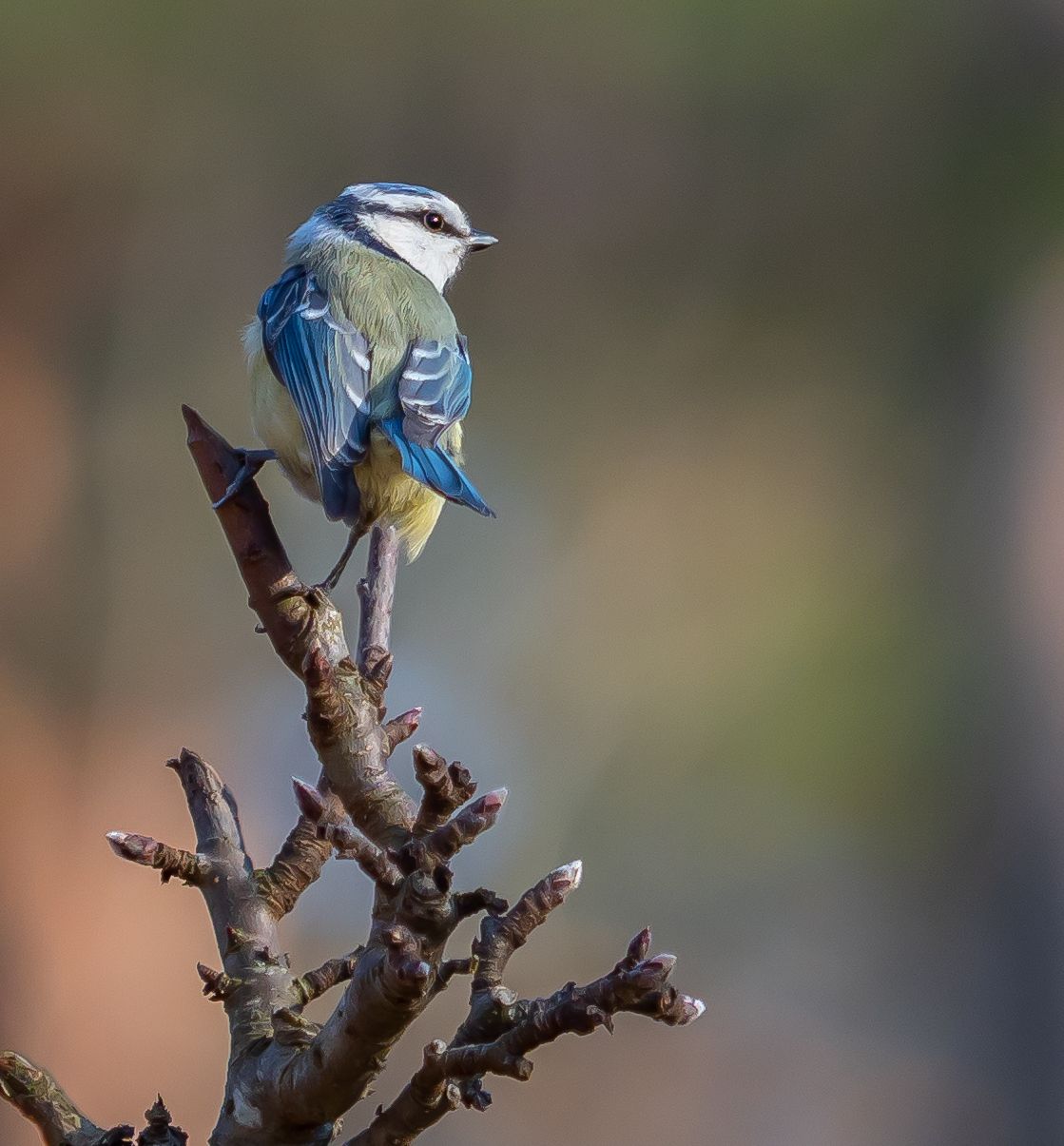
On a chirpier note
Over one million people took part in the 2021 Big Garden Birdwatch, more than ever before! This is inspiring news indeed, knowing that a growing number of people are taking an interest in our birds. With more participants, the RSPB gets a more accurate picture of how our birds are.
Out of Bristol’s top ten birds two, the blackbird and the robin, have grown in number since 2020. This could be a reflection on their inquisitive nature, as they come very close to people, expecting a few crumbs in return. Don’t believe me? Below you can see a robin sitting right next to me in Brandon Hill.
Another highflyer this year, unsurprisingly, are seagulls. All of Bristol’s gull species have soared this year. The black headed gull has increased by over 100 per cent, so watch out for your chips!
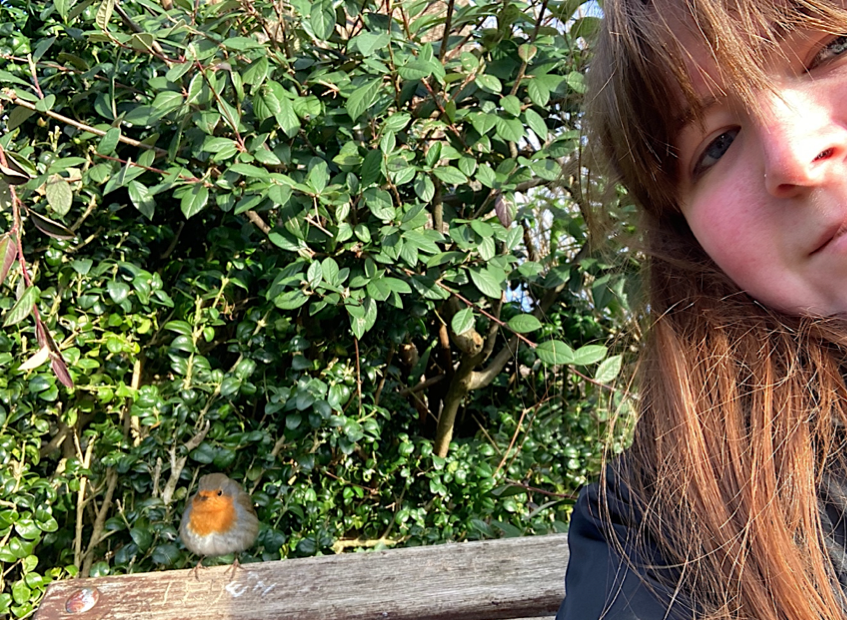
Make a difference
Goldfinches are my favourite bird. They have a bright yellow stripe across their wings, which gives them their name, and a mask of equally bright red feathers. Even in the centre of Bristol, they will stop by to visit my concrete garden (see above). Surprisingly, it is not hard to lure a goldfinch or two into a student garden. By filling up a feeder with Niger seed (or even sunflower seeds) you can expect to see the brilliant yellow flash of a goldfinch in your garden. I promise it will make you smile.
While my garden is concrete and bare, I am lucky enough that my neighbours have some trees which I can hang bird feeders in, so they dangle into my garden. Most student gardens don’t have a great array of plants, but trees are not essential if you want to hang a bird feeder! Birds travel a huge distance to reach food from their nest, so all we students need to do is serve them lunch.
If you want to help out any of Bristol’s birds, get yourself down to Wilko where you can buy feeders, tables and bird food at a beyond reasonable price. You can hang a feeder anywhere, on a fence post, a window in a flat, a wall – anywhere high off the ground.
Just remember to keep it clean folks, birds can contract all sorts of diseases if their droppings and food mix – so give it a shake and a wipe every week or so. It is also important to have some water nearby too; a pasta bowl is the perfect size and shape for a bird bath!
Keeping a social distANTS
Increased noise pollution is deafening marine life
If you want to get involved in the Big Garden Birdwatch you’ll sadly have to wait until January 2022, but you can read more about it here. I urge you to keep looking out for birds in the meantime.
Perhaps next time you see a robin you’ll wait and see how close it hops to you, or if you ever get close to the dull brown sparrow you might pause to look at its gorgeous chocolatey tones.
Featured Image: Unsplash / Andrea Lightfoot
Will you provide a little home for our feathered friends?

